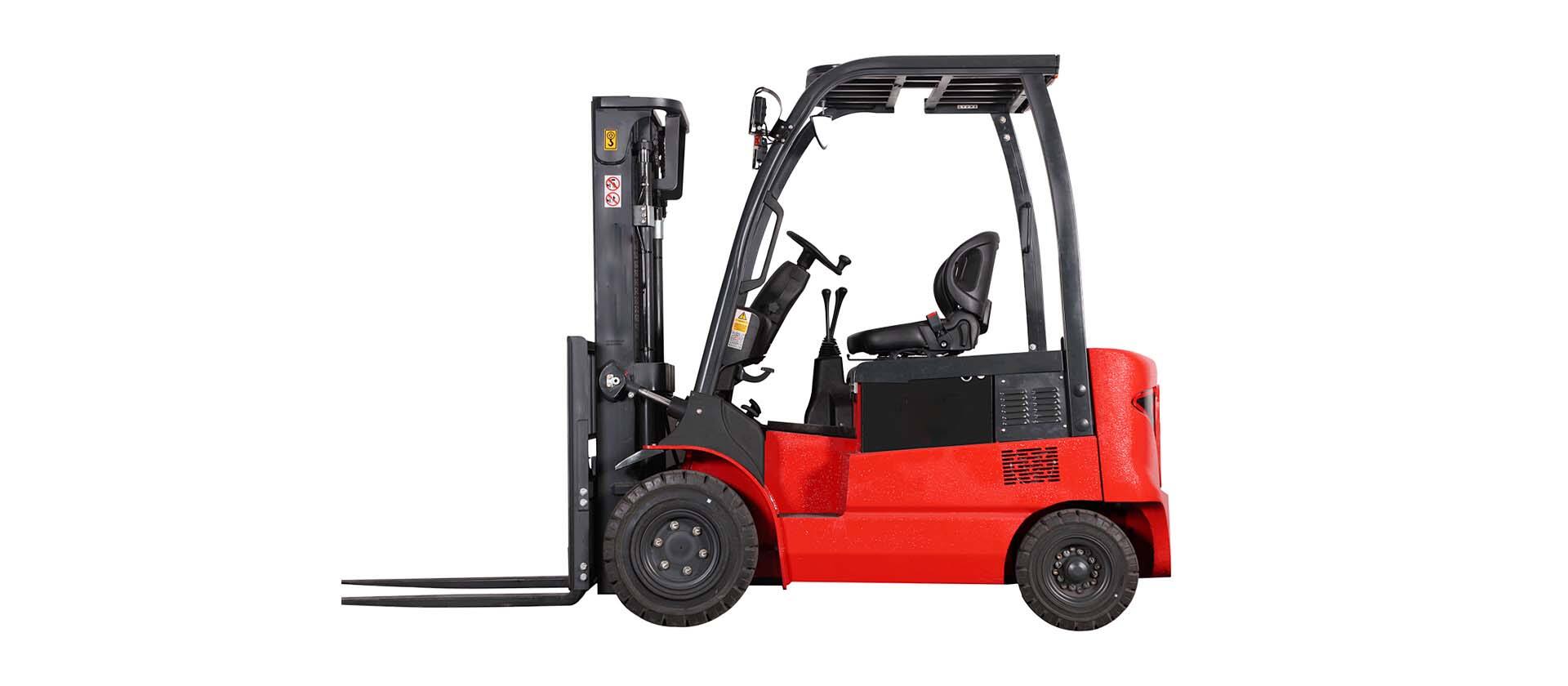In modern warehousing's fast-paced world, forklifts are crucial for moving and stacking goods. At the core of every forklift operation? The controller. These devices are vital for smooth and efficient material handling. Without good forklift controllers, warehouses would have a hard time meeting global supply chain demands.
Forklift controllers come in many types. Each is made to meet specific needs. Some are simple. Others are advanced with features like programmable settings and real-time monitoring. Choosing a controller depends on factors like warehouse size and complexity, types of goods handled, and operator skill level.
One key function of forklift controllers is ensuring safety. They have safety features like speed limiters, emergency stop buttons, and stability control systems. By stopping excessive speeds and sudden movements, they help reduce accident and injury risks in the warehouse.
Besides safety, forklift controllers contribute to productivity. By giving precise control over forklift movements, operators can work more efficiently and accurately. This means faster loading and unloading times, less downtime, and more throughput in the warehouse.
As technology advances, forklift controllers' role in modern warehousing will likely become even more important. New features and capabilities are always being developed, like wireless connectivity, automated navigation, and predictive maintenance. These innovations will help warehouses operate more efficiently, safely, and sustainably.
In the future, forklift controllers in warehousing will likely be more automated, connected, and intelligent. As warehouses try to improve efficiency and cut costs, we can expect to see more advanced controllers that can integrate with other warehouse systems and provide real-time data and analytics.
 EN
EN
 AR
AR
 BG
BG
 HR
HR
 DA
DA
 NL
NL
 FI
FI
 FR
FR
 DE
DE
 EL
EL
 HI
HI
 IT
IT
 JA
JA
 KO
KO
 NO
NO
 PL
PL
 PT
PT
 RU
RU
 ES
ES
 SV
SV
 TL
TL
 IW
IW
 ID
ID
 LV
LV
 SR
SR
 SL
SL
 UK
UK
 VI
VI
 SQ
SQ
 GL
GL
 HU
HU
 MT
MT
 TH
TH
 TR
TR
 FA
FA
 MS
MS
 GA
GA
 HY
HY
 AZ
AZ


 ONLINE
ONLINE